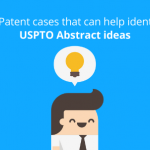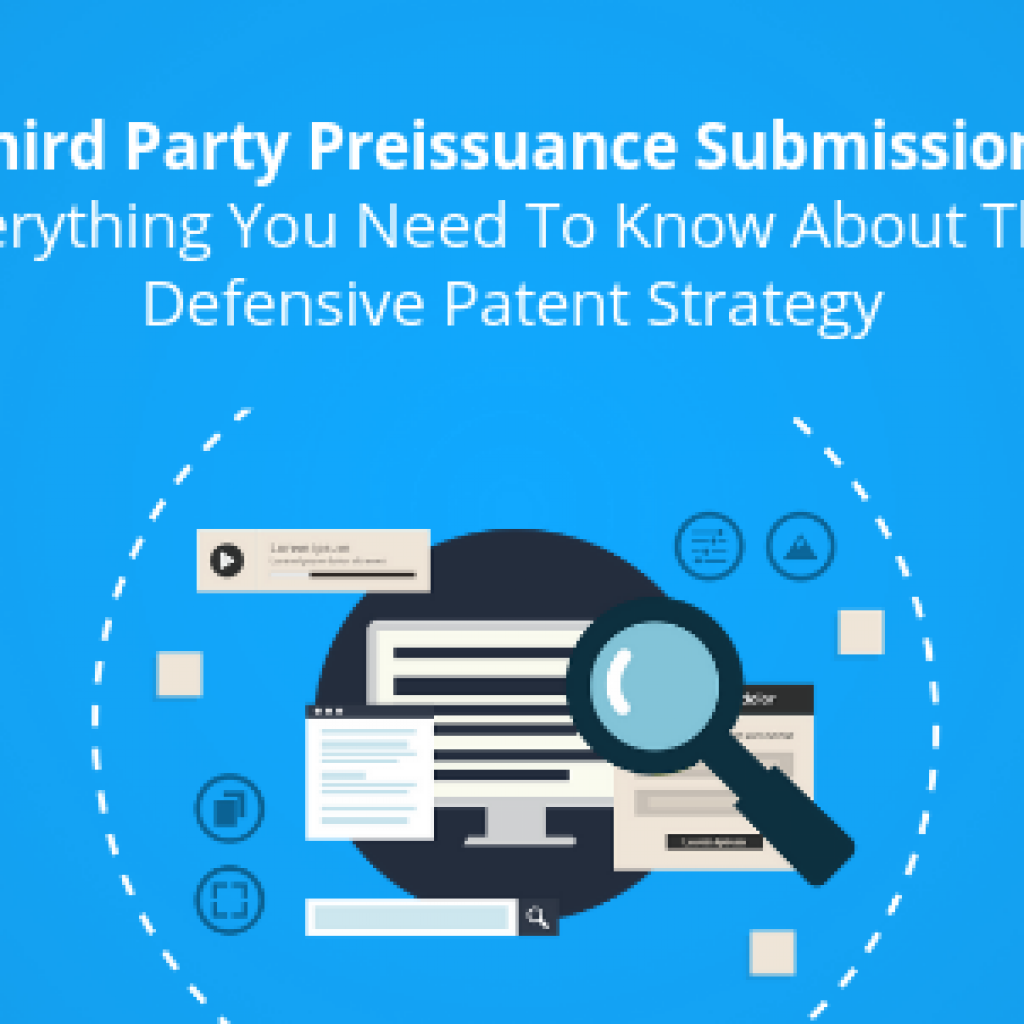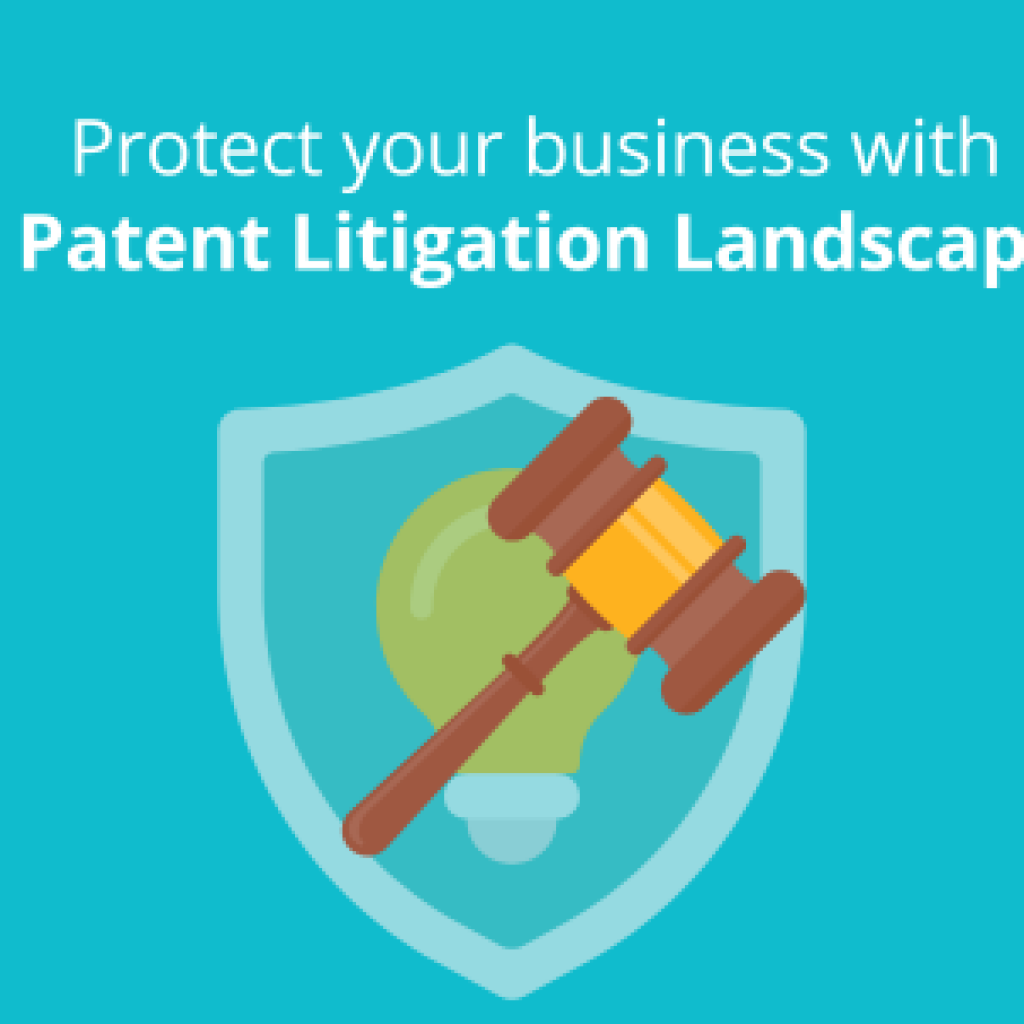A registration of patent provides an exclusive right granted to the inventor, to exclude others from using their invention of new product or process, in any manner without their permission.
Now, this is common knowledge that it is a monopolistic right, which could restrict others from using or infringing on the patent holder’s rights. Given that the inventor or patent holder spends a considerable amount of time and resources on creating a new and unique product or process, it only makes sense they and solely themselves profit from the patented invention.
But it’s not easy as it is said. Securing a patent alone won’t reveal the key to a treasure chest. That is, getting a patent alone won’t guarantee financial benefit or commercial success straightaway. It requires a bit more work before you could start making money from that piece of paper sealed by the patent office of that particular country.
Also, sometimes your entire patent strategy should align with bigger goals of your business and depending on what your end goal is with your patent portfolio, your licensing strategy changes a lot. Here’s Tom Franklin, a seasoned patent attorney with 25+ years of experience of building and managing patent portfolios, sharing his take on how to determine the primary goals of your patent portfolio:
This was an excerpt from Tom’s recent webinar on “Building and Managing your patent portfolio”. Tom, in this webinar, also shared the actual cost involved in obtaining a patent, and since we are talking about making money from patents, this is something that you should definitely know before investing in a patent portfolio. Click here to register and watch the recording of the session: Building and Managing Your Patent Portfolio.
Show me the way – Did you just utter that or is it the lyrics of Peter Frampton’s popular song messing with my brain? Let’s assume the former is the case and being the generous person I am, I will show you five.
Five effective and popular ways that would help you make money from your patents. Excited? Join us as we take a brief look at each of these ways and then we would leave you to decide which approach works for you the best.
Turning invention into products
The easiest and basic manner in which the legal document (aka patent) can be turned into a financial asset is by producing the invention and selling it in the market. In other words, if you only create a prototype and file a patent, then it does not mean financial gains. The commercial value of a patent can only be obtained once the product is created for selling in the market.
Now before you get all excited and get started, it is important to ask oneself a few questions before going ahead with the manufacturing process –
- What product would you be building?
- Is there a need for the product?
- How will the creation of the product take place?
This and other similar questions which would give some clarity on the product/process before you go ahead with investing a chunk of money on manufacturing. Unless you have millions to spare on failed experiments, it is always better to make an informed decision especially when it comes to product planning and development.
With that being said, let us take an example that would help demonstrate each of these ways in which you could make profits from your patents.
Consider this instance where an inventor ‘X’ creates a new device which is used for mirroring the functions of mobile to the TV sets. In this case, ‘X’ may have created only a single product as per the claims in his patent registration. Once the patent is granted, he must then ensure that all key elements of the patent are imbibed while mass-producing the product. He must also ensure that this new product is marketed properly so that he is able to avail the commercial benefits of the new invention.
Marketing Tip: With this patented product, X may offer a mobile app which is free or vice versa, which helps in creating a ‘tying arrangement’. It basically is a package deal, where one part which is free is bundled with the paid component, which must be bought for complete usage. This benefits in ensuring that the customer of one component buys the other one as well. It increases the customer base and aids in marketing.
Patent Licensing
What if ‘X’ is unable to produce the patented product due to lack of resources? What is the next possible solution to ensure that the patent is transformed into a financial asset?
‘X’ can take advantage of the concept of licensing. The patent is his own intellectual property. He, as the patent owner/holder, can become a licensor to license the patent to a licensee, who gains rights over that patent for a certain period as per the pre-decided terms and conditions.
The licensor may grant exclusive or non-exclusive rights to the licensee in consideration for a royalty, who can then manufacture and sell the product as his own. Here, if the license is exclusive then it will be granted to only one licensee, whereas in case of a non-exclusive license, more licensees may be given rights over the patent. The royalty may also be fixed or variable, say dependent on sales of the product or locked for a certain period. The license can even be for a specific territory (i.e. country) or global.
In this manner, X does not need to bear the development expenses and risks. However, he can gain entry into a new market or business easily with patent licensing and gain financial benefits.
More is Good, isn’t it? There is definitely more to licensing than what is covered above. There are various kinds of licenses, each with its own set of nuances and applications. Further, there is a list of do’s and don’ts that you should keep in mind before going ahead with licensing your patent. This information is too valuable to miss and we don’t want you missing out. This article would help you understand everything about licensing, the what’s, how’s, do’s and don’ts – Aka Patent Licensing 101.
It is important to conduct market research to ascertain whether the licensee will use the patent to manufacture and not just to buy out the competition in the market (It could help you set the best price you could get for the patent). It is also a good idea to advertise in the market regarding licensing of the patent before finalizing a licensee so that you can secure the best opportunity.
Patent Enforcement
Consider this scenario where ‘X’ has set up his own manufacturing unit for the invented device. In order to complete the whole process of commencing his own business and marketing the same, he took almost a year after the patent was granted. Once his mirroring device was in the market, he realized that a competitor ‘Y’ had launched a similar product in the market 6-months earlier. He had consulted ‘Y’ as an angel investor with his business plan during the time he was collecting funds for setting-up his business.
What can ‘X’ do in this case? This clearly is a case of patent infringement. ‘Y’ was aware of the invented product and used the confidential information of ‘X’ disclosed to him in a wrongful manner.
‘X’ has the right to enforce his patent under the Patent Laws against the infringement done by ‘Y’. This can be done by filing an infringement suit with the court. The Court may ask the infringer ‘Y’ to stop manufacturing and selling the device along with asking him to pay damages to ‘X’. Both the parties may even negotiate compensation with or without the order of Court.
‘X’ thus, will be able to receive financial benefits from the enforcement of his patent rights.
Finding products infringing your patents is easier said than done. It is often the case that there are products in the market making loads of money while infringing on your patents about which you would never find about.
Patent Pooling
‘X’ uses technology for the mirroring device which is fit only for a certain type of TVs. He soon comes across ‘Z’, who has the technology to ensure that the device of ‘X’ can be made compatible with all kinds of TV sets, and not limited to one set. Can ‘X’ make any arrangement with ‘Z’ to create a harmonious business plan? ‘
Yes. X’ can ask ‘Z’ to create a patent pool. Under a patent pool, two or more patent holders come together through an agreement to use their patents together and license the patents collectively to any third party. This ensures wider coverage of their patents and of course, more commercial gains with expanded ambit.
So, now ‘X’ and ‘Z’ together can lure more customers and derive more benefits from their patents. However, it is a decisive factor to create a ratio of a patent value of patents in the pool for each party as per the relevance and importance of their patent. In the current matter, ‘X’ demands a 75% value of the product and 25% is provided to ‘Z’ for his additional technological know-how and accordingly, this consortium can in accordance with the agreed values divide the profits among themselves.
While the patent pool is being created, it is essential to ensure that all key terms and conditions are formalized with mutual understanding. The parties to pool must also agree that at the time of any infringement, they will all take action collectively against the infringer.
Selling a Patent
What if ‘X’ is unable to manage the manufacturing process of product and wishes to concentrate on additional Research and Development to create more new products or processes?
Can ‘X’ benefit from the granted patent?
A smooth exit option for ‘X’ is to sell his patent. He can easily and in an uncomplicated manner earn quick bucks by selling his patent for the mirroring device. This would help him in realizing the profits without any burdensome procedure and move forward with the desired R&D for new patents.
Thinking how to sell my patent, here is the editor’s Recommendation: Looking forward to selling your patents but don’t know where should you sell them? This amazing compilation of marketplaces, with detailed coverage, would help you finalize the ultimate marketplace where you could sell your patent. Read it here- 23 Marketplaces where you can buy and sell patents.
Don’t wanna go through the hassle of the marketplace? Why not get your patent to the people who actually want your patent.
Many company’s patent applications could be getting rejected due to your patents. Suffice to say, these companies may be highly interested in buying your patents.
We ran such an analysis on Walmart’s portfolio and it shows how many IBM’s patents got rejected due to Walmart’s filed patents.


With a similar analysis, you can hit the bull’s eye by approaching these companies who obviously require your patented technology and offer them your patent for buying or licensing.
You can fill the form below to access the interactive dashboard of Walmart’s patent portfolio and what your patent portfolio could look like!
Conclusion
This gets us to the end of our list. We explored five ways in which you could make money from your patents. Each way has its own set of pros and cons and you could choose the way or a combination of them that fits your needs best. For instance, you could turn your invention into the product while also granting a non-exclusive license to others for quicker technology proliferation.
You might also form a patent pool with other players in the domain in the meanwhile which would open windows to a wide range of technologies and patents, based on which you could create better products and engage in the practice of disruptive innovation.
A clever employment of any of these tactics would only lead to one word – Profits.
Now it is up to you to decide – which way works best for you?
You may want to take external help for monetizing your patents. If that is the case, you may need the list of patent brokers: List Of 100 Patent Brokers From Different Countries










